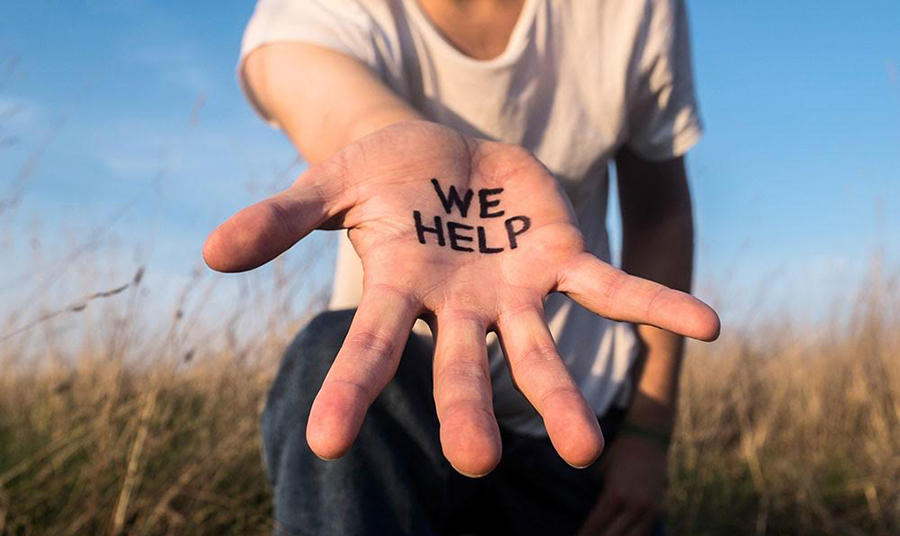New trends are emerging in the treatment of addiction. Peer support is the next step in treating addiction. New Vista is one of the few organizations in the Commonwealth offering the state curriculum to train this new position in addiction treatment. Shelia Albright, LCSW, director of Substance Use Services at New Vista explains peer support services.
What is a peer support specialist? How do they interact in the healthcare system?
Shelia Albright: Peer support specialists use their life experiences to assist clients during their treatment by serving as a role model, encouraging clients to use their voice and choice in the development and implementation of their treatment plan.
Also, peers support clients by attending treatment team meetings on behalf of the client, attending clients to meetings and empowering clients to be self-advocates. Peers promote socialization, recovery, self-advocacy and enhancement of living skills. Peers teach clients how to develop a sober community and fellowship by familiarizing them with what to expect at community support groups, how to approach and talk to others, and how to look for a sponsor.An important benefit of peer support specialists is they provide client voice and perspective to shape how New Vista delivers services.
Who can become a peer support specialist?
SA: A peer support specialist is in recovery from addiction or mental illness and uses their recovery experience to support clients as a part of a treatment team. Peer support specialists work in all levels and areas of client care. Residential, outpatient and specialty programs all utilize peer support specialists as part of their treatment teams.
Anyone who has demonstrated a pattern of recovery from addiction or mental illness for two years, is 18 years of age or older, has a GED or high school diploma, and has completed the training program is eligible to become a peer support specialist.
How is the role of peer support specialist different than clinicians?
SA: Clinicians and peer support specialists have different but complementary roles in client care. The therapist is trained in the use of evidence-based practices to help individuals achieve recovery. The peer support specialist draws from their lived experience to help a client see recovery is possible and to support them as they recover.
Therapists are typically trained to limit what they tell a client about themselves as their sessions focus on the therapeutic work of the client. In contrast, the peer support specialist shows a client recovery is possible by sharing their recovery story. Many clients are encouraged by being able to see recovery in action and what life can look like beyond their illness or addiction.
Describe the curriculum offered by New Vista.org to train peer support specialists.
SA: The Adult Peer Support Specialist Training curriculum is offered quarterly at New Vista in Lexington and consists of a 30-hour instructional program completed over five days. An application and letter of reference are submitted prior to enrolling in the course. The course costs $250 and New Vista offers scholarships.
How do you expect this to impact the delivery of care?
SA: The role of a peer specialist often extends beyond individualized client support to include organizational advocacy and education for community partners. Peers regularly work with clients participating in drug court, diversion, probation, family court or other programs where community partners can benefit from hearing the peer’s insights and experiences – especially for those unfamiliar with addiction, mental health issues or the recovery process.
Many clients have lost their family and social supports and need an advocate while navigating those systems, especially during the transition between higher and lower levels of treatment. The more support New Vista can offer clients directly and the more we can advocate for their best interests systemically, the more likely our clients will be able to self-advocate, problem solve and ultimately see better outcomes.

